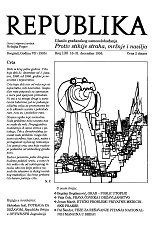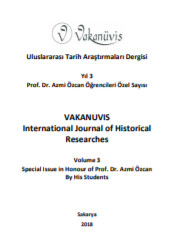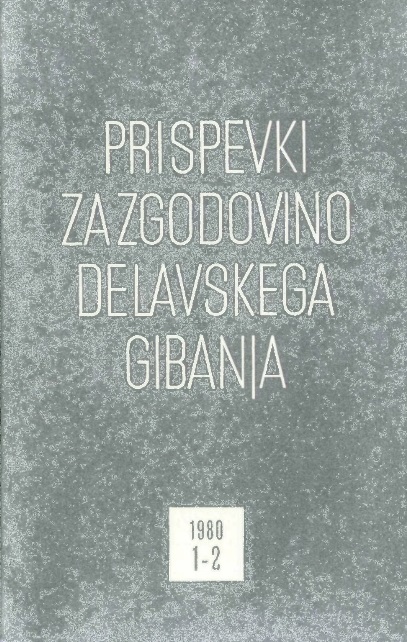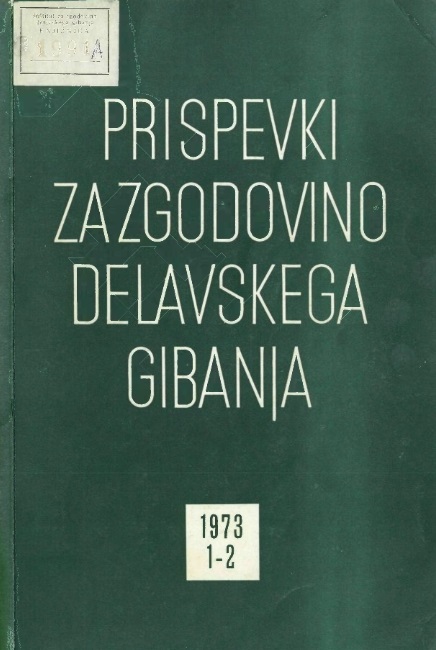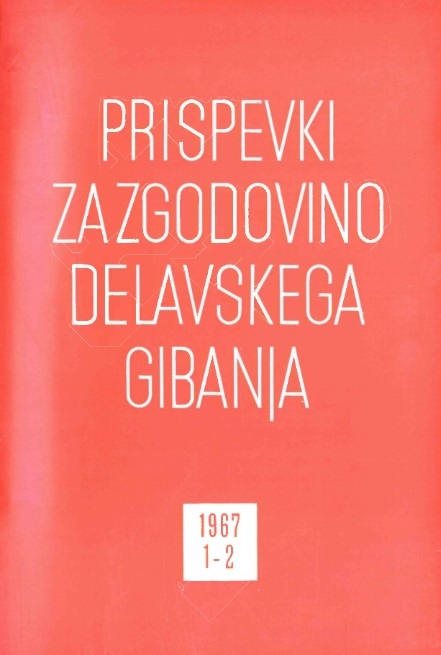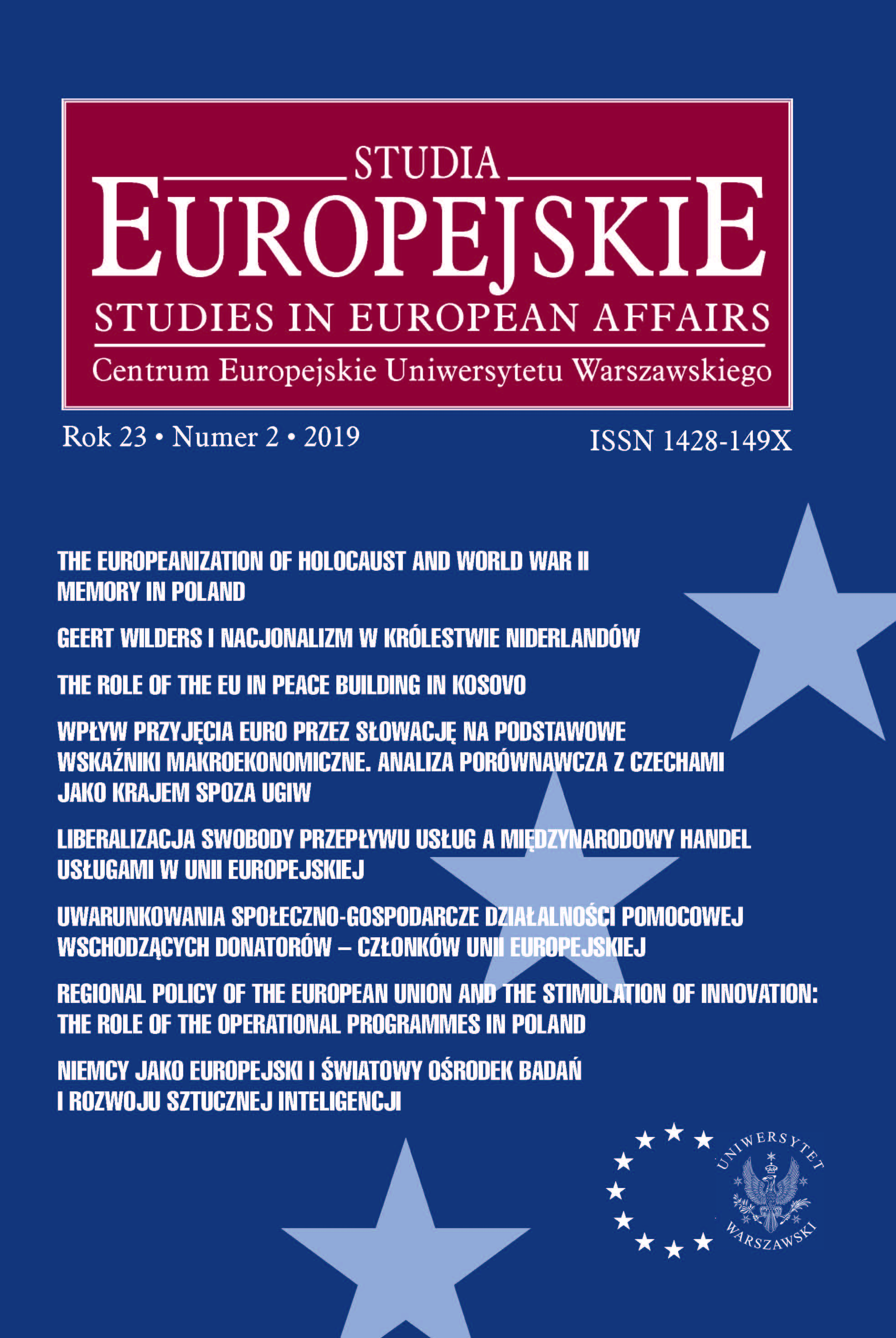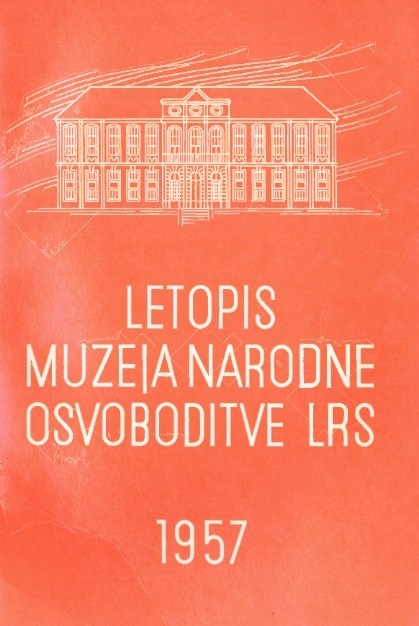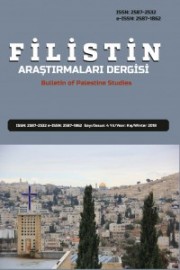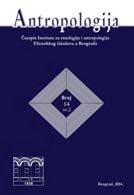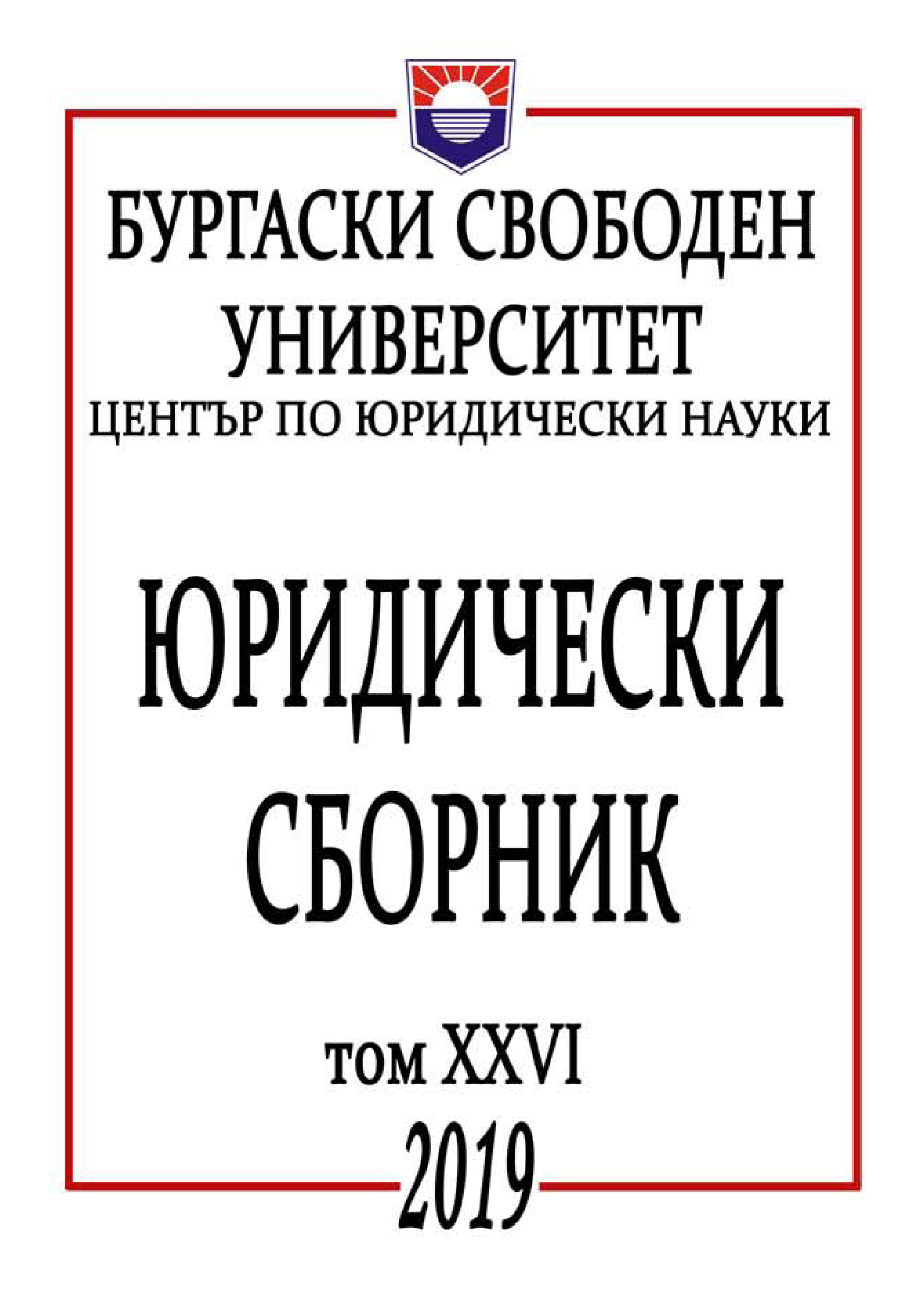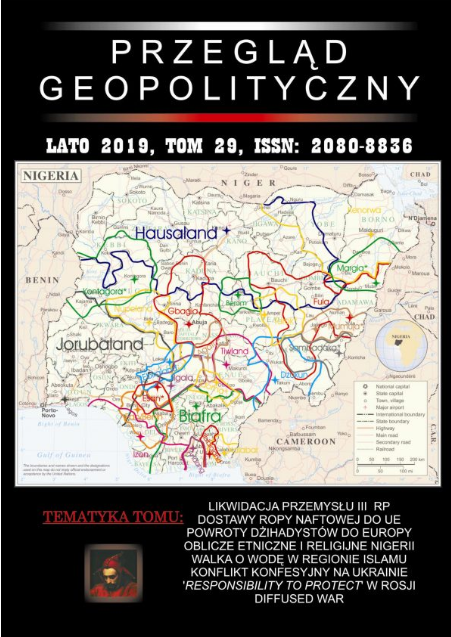Nato Military Interventions In Kosovo, Libya, Afghanistan, And Their Impact On Relations With Russia After The Cold War
This thesis seeks to find out how NATO military interventions in Kosovo, Libya and Afghanistan have affected relations with Russia. In order to achieve the aim and hypothesis of the study, the critical geopolitical approach is chosen as a theoretical framework. A schematic critical geopolitics conceptualization of Gearóid Ó. Tuathail is used as the method of research. This thesis mostly pays attention to three essential parts of the critical geopolitics: “formal geopolitics” (analyses of think tanks, specialists, etc.), “practical geopolitics” (the decisions of policy makers, official statements, documents, strategies and speeches) and “popular geopolitics” (the discourse of the media and surveys). The combination of these three elements allows determining the certain NATO’s and Russian geopolitical discourses towards crises in Kosovo, Libya and Afghanistan. With regard to evidences of crises, NATO’s and Russian geopolitical discourses are assessed from very positive, positive, neutral, to negative and very negative. It provides an opportunity to see how both sides have acknowledged these crises and how in long terms NATO’s military interventions in Kosovo, Libya and Afghanistan have influenced relations with Russia in international order. Moreover, descriptive method, discourse analysis and a comparative approach are used to scrutinize Russian and NATO’s geopolitical discourses towards crises. The analyses of NATO’s and Russian geopolitical discourses show that the hypothesis different NATO and Russian geopolitical discourses towards crises in Kosovo, Libya and Afghanistan have affected reciprocal relations is correct. The crisis of Kosovo in 2008 marks the end of the Russian flexible policy towards NATO and marks a new beginning of a permanently hostile geopolitical discourse against NATO in Europe. NATO military interventions in Kosovo, Libya and Afghanistan have negatively affected relations with Russia mostly in Europe. Mutual cooperation and diplomatic disputes towards crises in Libya and Afghanistan are minor in comparison with the NATO-Russian relations in the European continent. Consequently, Russia concentrates most of its attention to the geopolitical tradition towards Europe.
More...
